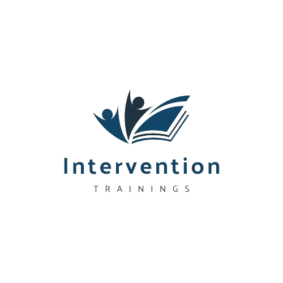What is the definition of Opioid Addiction? An opioid, a close relative of morphine, heroin, oxycodone, codeine, fentanyl, and methadone. It is synthetic analgesic drug that is subject to abuse and addiction. Information/Research taken from:  https://en.wikipedia.org/wiki/Oxycodone
https://en.wikipedia.org/wiki/Oxycodone
What are some of the signs and behavioral symptoms of the Opioid addiction?
- Obsessive/a need to obtain more prescription such as; Oxycodone
- Isolation from family and friends becoming more withdrawal socially
- Lying about the amount drugs used
- Missed work, unable to attain information in school or remember family events
- Trying to find other doctors to prescribe pain medication
- Having multiple of prescriptions for pain meds
- Lying and stealing money from family and friends
- Lying about the amount of drugs taken
- Increasing the amount of Oxycodone
Withdrawal symptoms may include:
- Dizziness/light headed
- Sweating / unable to sleep
- Chills/vomiting/fever
- Cramping/cold sweats
- Unable to eat/nausea
- Seizures/body movements
- Constipation or diarrhea
- Muscle and body aches /kicking and twitching
Addiction Interventions Treatment: If you are a family member that is struggling with your loved ones Addiction and do not know what to do, we at CanAm Interventions specializes in pain medication interventions.

It is important for you as family member to understand that you are dealing with a deadly addiction and you cannot rationalize or talked your loved one in to stop using pain medication once they have crossed the line of being addicted.
We advised you to seek professional help today from an intervention counselor that specializes in getting help for your Oxycodone addicted loved one. Oxycodone is an addictive drug and the only way for your loved one to stop using Oxycodone is to access treatment, to have medical trained staff available, to navigate support services and help manage the withdrawal symptoms.
For more information on interventions, contact www.canaminterventions.com
